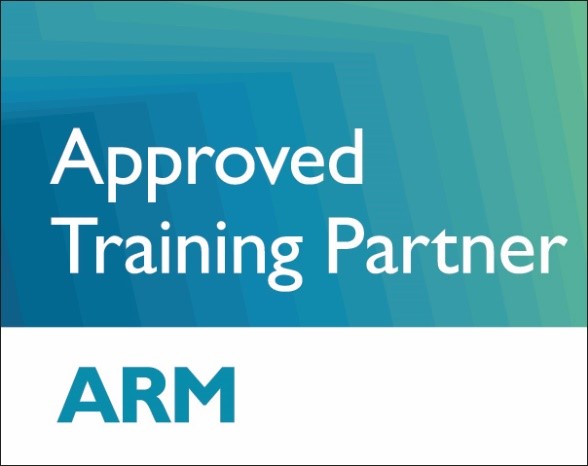
UVM Fundamentals
Course Objectives
This 5-days course designed for
ASIC & FPGA verification engineers that would like to use the SystemVerilog
language and UVM methodology to verify deeply digital designs.SystemVerilog is a significant new
enhancement to Verilog and includes major extensions into abstract design,
testbench, formal, and C-based APIs.
SystemVerilog also defines new layers in the Verilog simulation strata.
These extensions provide significant new capabilities to the verification engineer, such as Object-Oriented Programming (OOP), randomization, assertions, packages, queues, dynamic & associative arrays, interfaces and functional coverage.
These new features allow better teamwork and co-ordination between different project members.
Universal Verification Methodology (UVM) is a standardized methodology for verifying digital designs and SoC.
It is built on top of SV language and consists of set of standards, tools, and APIs for design verification.
UVM helps companies develop modular, reusable, and scalable test benches that can be deployed across multiple projects.
The training introduces the UVM and its structure, then covers the UVM library, reporting mechanism, factory, TLM, configuration database, phases, hierarchy, test and testbench top.
Then the training covers how to generate stimulus with sequences and virtual sequences as well as RAL.
Extensive practical labs are integrated during the training to make sure that the participant understand the flow, structure and concept of each verification building block.
SystemVerilog also defines new layers in the Verilog simulation strata.
These extensions provide significant new capabilities to the verification engineer, such as Object-Oriented Programming (OOP), randomization, assertions, packages, queues, dynamic & associative arrays, interfaces and functional coverage.
These new features allow better teamwork and co-ordination between different project members.
Universal Verification Methodology (UVM) is a standardized methodology for verifying digital designs and SoC.
It is built on top of SV language and consists of set of standards, tools, and APIs for design verification.
UVM helps companies develop modular, reusable, and scalable test benches that can be deployed across multiple projects.
The training introduces the UVM and its structure, then covers the UVM library, reporting mechanism, factory, TLM, configuration database, phases, hierarchy, test and testbench top.
Then the training covers how to generate stimulus with sequences and virtual sequences as well as RAL.
Extensive practical labs are integrated during the training to make sure that the participant understand the flow, structure and concept of each verification building block.
General Information

Prerequisites
1. Verilog
language
2. SystemVerilog language
3. Verification guidelines
4. Experience with simulator
2. SystemVerilog language
3. Verification guidelines
4. Experience with simulator

Location
Online or face-2-face

Duration & Attendance
5 days

Target Audience
Hardware/Software engineers who would like to verify ASIC/FPGA designs with SystemVerilog and the UVM
Additional Information

Teaching Methods & Tools
1. Course
book
2. Lab handbook (Phyton notebooks)
3. Virtual Machine with all necessary tools
4. Trainer solutions to all labs
2. Lab handbook (Phyton notebooks)
3. Virtual Machine with all necessary tools
4. Trainer solutions to all labs

